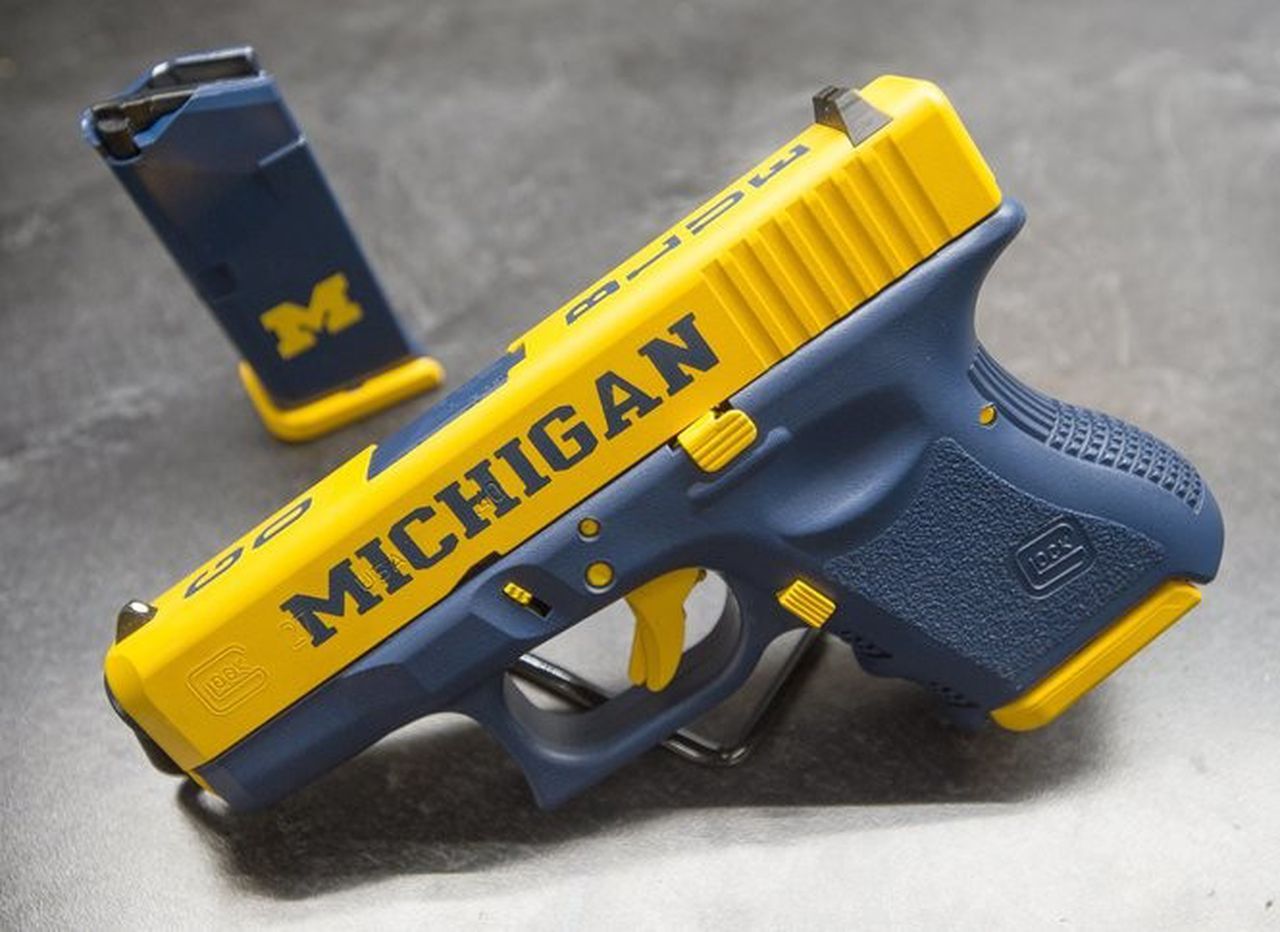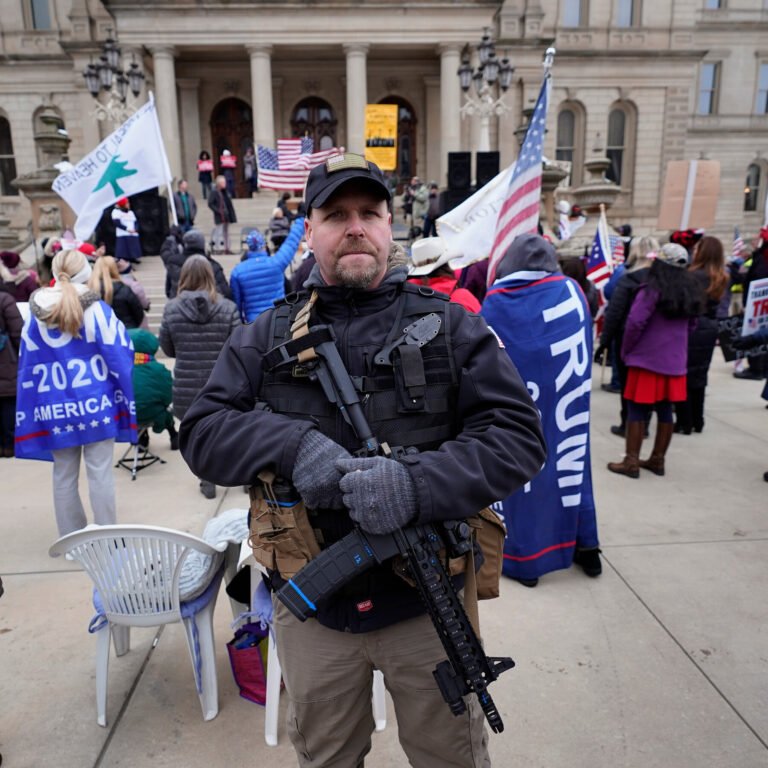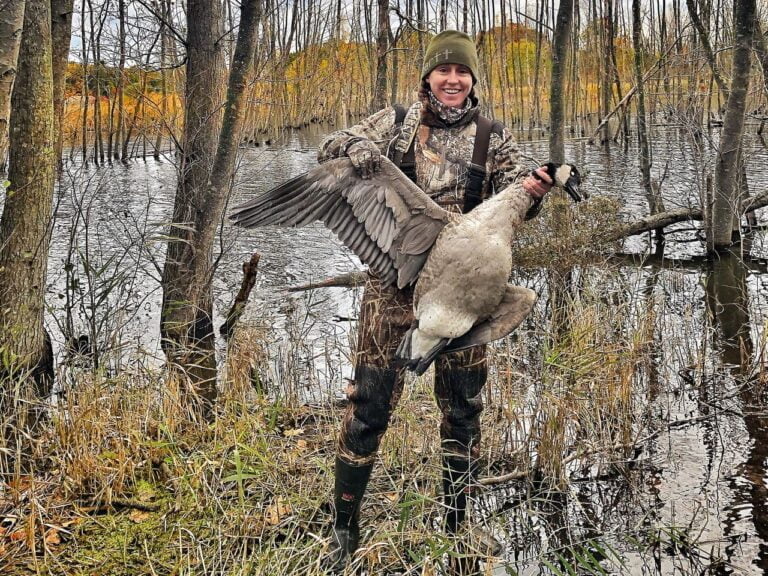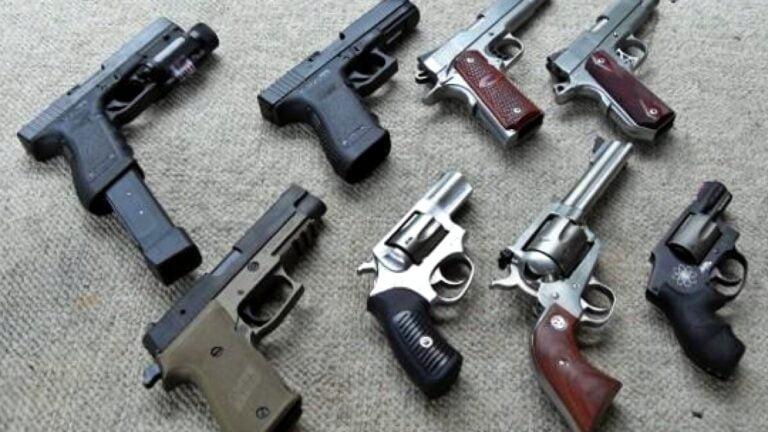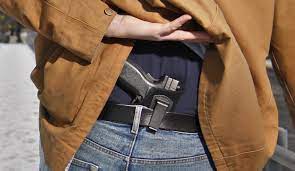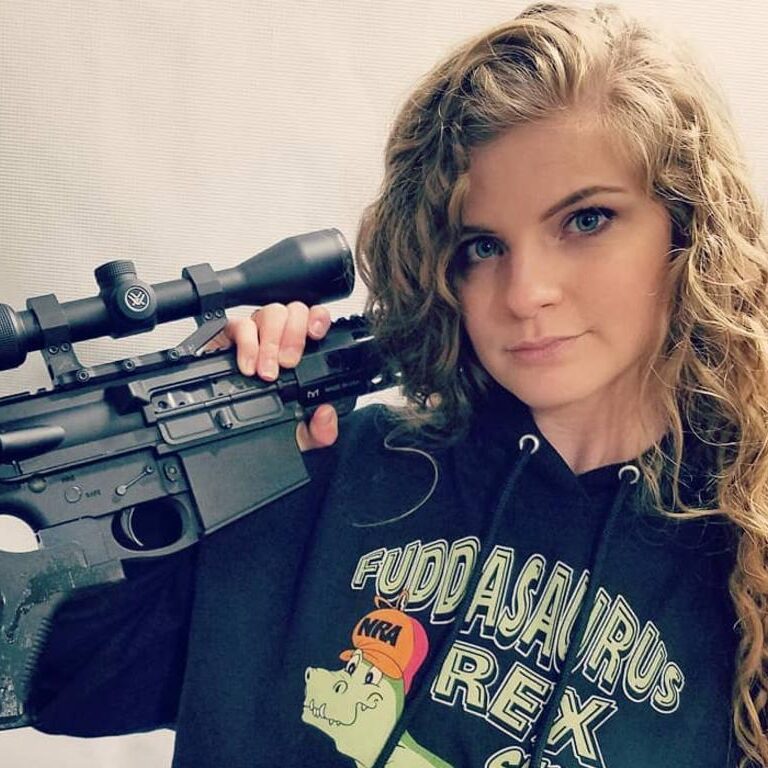Michigan Gun Laws
In the state of Michigan, the regulations surrounding concealed carry and firearm reciprocity are of paramount importance to those who wish to exercise their right to bear arms responsibly. This article provides a comprehensive overview of Michigan’s concealed carry laws, reciprocity agreements, and important information for residents and visitors.
Michigan Gun Laws Overview
Michigan operates as a “Shall Issue” state, which means that the local office is responsible for approving concealed carry permits. To purchase handguns privately, background checks and firearm registration are required. While only residents can purchase handguns, non-residents are permitted to buy long guns.
Constitutional Carry and Open Carry Laws
Michigan is not recognized as a constitutional carry state, meaning a permit is required to carry concealed firearms. However, open carry is permitted for residents aged 18 and older who are legally allowed to possess a firearm, provided the firearm is registered with the state. Non-residents can open carry if they possess a CCW permit from their home state.
Carrying Firearms in Vehicles
Michigan allows concealed carry in vehicles if you possess a valid CCW permit. If you lack a permit, you must transport your unloaded firearm in a locked case within an inaccessible area of the vehicle.
Concealed Carry in State Parks and Restaurants
Concealed carry is allowed in Michigan’s state and national parks, including forests and wildlife areas, provided you possess a permit. Similarly, carrying concealed in restaurants that serve alcohol is permitted with a CCW permit, as long as you are not under the influence. However, establishments making over 50% of their revenue from alcohol are exceptions.
No Weapon Signs and Officer Notification
While Michigan does not enforce “No Weapons” signs except for explicitly defined locations, the state does require a duty to inform. When interacting with an officer, you must notify them of your concealed carry status, regardless of their inquiry.
Michigan CCW Reciprocity List
Michigan recognizes CCW permits from various states. A selection of states honoring Michigan permits include Alabama, Alaska, Arizona, Arkansas, Colorado, Delaware, Florida, Georgia, Idaho, Indiana, Iowa, and more. However, some states have restricted reciprocity agreements.
How Reciprocity Works in Michigan
Michigan honors CCW permits from other states except for non-resident permits. Residency of the issuing state is necessary, and individuals cannot remain in Michigan for more than 180 days while carrying on an out-of-state permit.
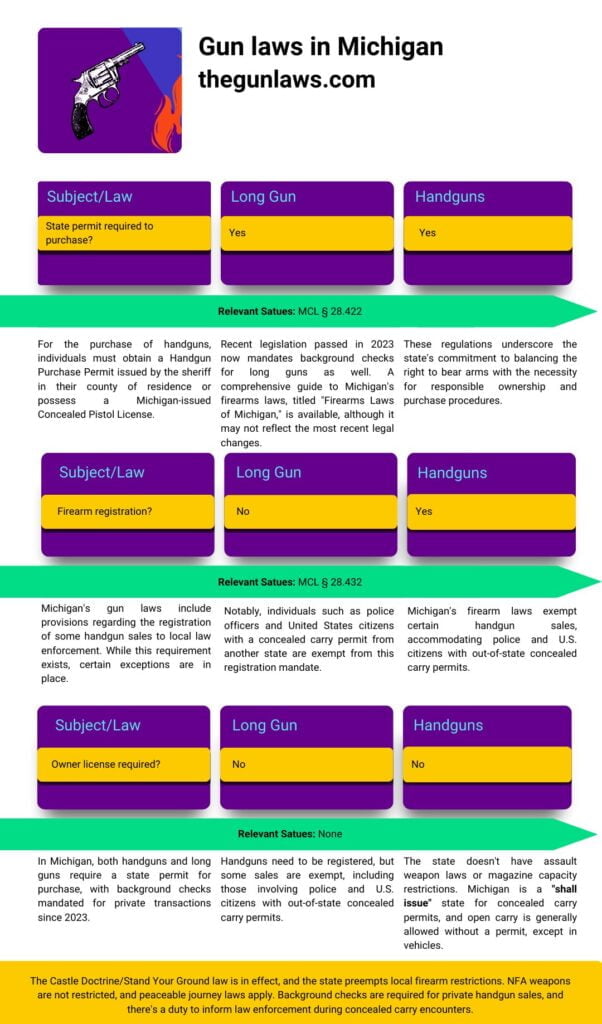
Reciprocity Agreements in Michigan
Michigan’s concealed carry laws are complex, with a range of places where concealed carry is allowed and restricted. Some allowed places include state parks, national forests, roadside rest areas, and vehicles. However, carry is prohibited in schools, courtrooms, entertainment facilities, hospitals, casinos, and more.
Michigan Conceal Carry Laws
Open Carry is permitted in Michigan with certain restrictions, including Gun regulations. While residents can open carry without a CPL license if the handgun is registered, non-residents need a CCW permit from their home state.
Open Carry Regulations
Residents can openly carry handguns without a CPL license except in businesses or grocery stores selling alcohol. Non-residents without a CCW license from their home state cannot open carry.
Carrying Firearms in Vehicles
Unloaded firearms can be carried in vehicles if enclosed in a case, carried in the trunk, or inaccessible from the interior. CPL holders can carry loaded and concealed firearms in vehicles.
Carrying Firearms in State Parks and Restaurants
Concealed carry is permitted in state parks, state and national forests, and roadside rest areas. Carrying in restaurants serving alcohol is allowed, though individual establishments may have specific rules.
Constitutional Carry and Officer Notification
Michigan does not have constitutional carry, requiring a permit for concealed carry. Licensed individuals must immediately disclose their concealed weapon status when stopped by the police.
Conclusion
Michigan’s concealed carry laws and reciprocity agreements play a crucial role in maintaining public safety while respecting citizens’ rights. It’s essential for residents and visitors to understand these regulations to responsibly exercise their Second Amendment rights.
FAQs;
Q1: How can I obtain a concealed carry permit in Michigan?
To obtain a concealed carry permit in Michigan, you must apply through your local office and meet the necessary requirements, including completing a firearms training course.
Q2: Can I open carry a handgun without a license in Michigan?
Yes, residents can open carry handguns without a license, with some restrictions. Non-residents, however, need a CCW permit from their home state to open carry.
Q3: Can I carry a concealed firearm in state parks?
Yes, Michigan allows concealed carry in state parks and national forests as long as you have a valid CCW permit.
Q4: What is the duty to inform in Michigan?
Michigan is considered a duty to inform the state, meaning you must notify a law enforcement officer about your concealed carry status when interacting with them.
Q5: Can non-residents carry concealed firearms in Michigan?
Non-residents can carry concealed firearms in Michigan if they possess a valid CCW permit issued by their home state.
